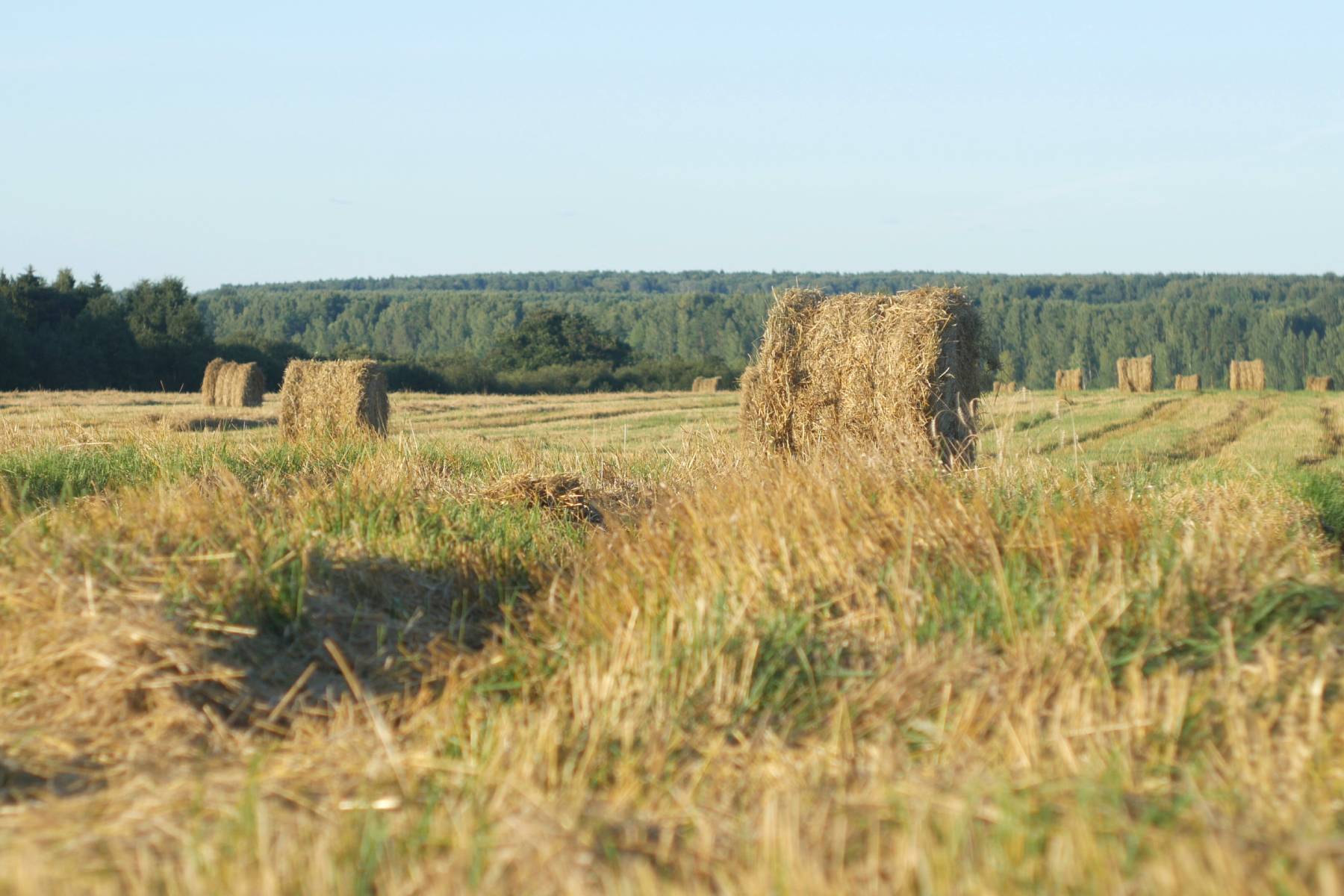Innovations in the agricultural sector. The fears are real or mythical

In this article, I would like to touch upon the topic of fears of innovation that hinder the introduction and development of innovative products and technologies in the agricultural sector in the field of digitalization.
In our opinion, there are three types of fears, if we look at this problem from the point of view of the subject. There are three main types of actors: consumer, investor or manager, and employee.
Consumer fears are mainly associated with the massive introduction of various kinds of changes in agricultural technology aimed at modifying the genome, the use of drugs and pest control agents that pose a risk to consumer health, lack of control over production chains, which prevents the consumer from understanding the entire history of the product from the "field" to the "counter", and, finally, the desire to consume "green" products and the fear that the products consumed are not.
The fear of the investor and the manager, despite the fact that they seem to be on the same side, can actually be different. The investor is interested in a quick return on investment and maximum profit, and the impossibility of solving this issue is a key fear for him, but at the same time the final result depends on the competitive environment, market, “fashion” for the product, consumer reaction and, in particular, on the quality of work staff. Here lies one unpleasant moment, the manager is sometimes afraid that the introduction of digitalization means will open up unpleasant features of production for both the investor and the consumer. Nevertheless, we will assume that the interests of the investor and the manager must coincide, otherwise why would an investor need such a manager?
The most important in the production chain is the employee. His main fear is that the introduction of automation tools will leave the employee out of work. At the same time, for the most part, employees have not even heard of such a concept as «digitalization». In fact, without the labor of an employee, despite the introduction of any innovative automation tools, a real product is impossible. The employee is a key figure in influencing both the volume of production and the quality of the product, as well as its cost. Implementation of automation tools can help the employee do his job better, and the company can reduce costs. But how can you control the quality of this work? Automation tools alone are not enough for this, and here digitalization comes to the rescue. The use of end-to-end technologies allows you to gain control over the production process and, most importantly, adjust these processes to achieve the planned results.
Of course, more and more innovative areas of agribusiness appear, where the use of robotics excludes a person from the production process to one degree or another. For example, the use of robotic agricultural machinery using computer vision technology and work according to predetermined route assignments, or the use of milking robots in dairy production, or the use of unmanned aerial vehicles in the processing of crops from pests. In fact, in this production process, a person does not go anywhere, his role simply changes, which requires higher qualifications. Humanity is faced with an ever-increasing demand for agricultural products, increasing demands for its quality, for reducing the carbon footprint. Given the limited resources, only the introduction of digitalization tools can increase production efficiency and overcome the fears of both the consumer, the investor and the employee. So let us not be afraid, but let us all together solve this important issue for all mankind - food security. After all, our life depends on it!
Aleksandr Elin, CEO ALAN-IT
Ci sono domande?
Contattate i nostri esperti per saperne di più
